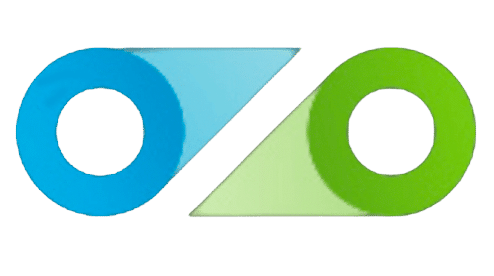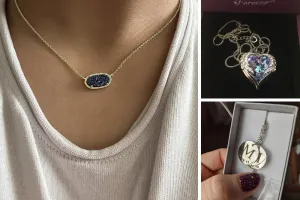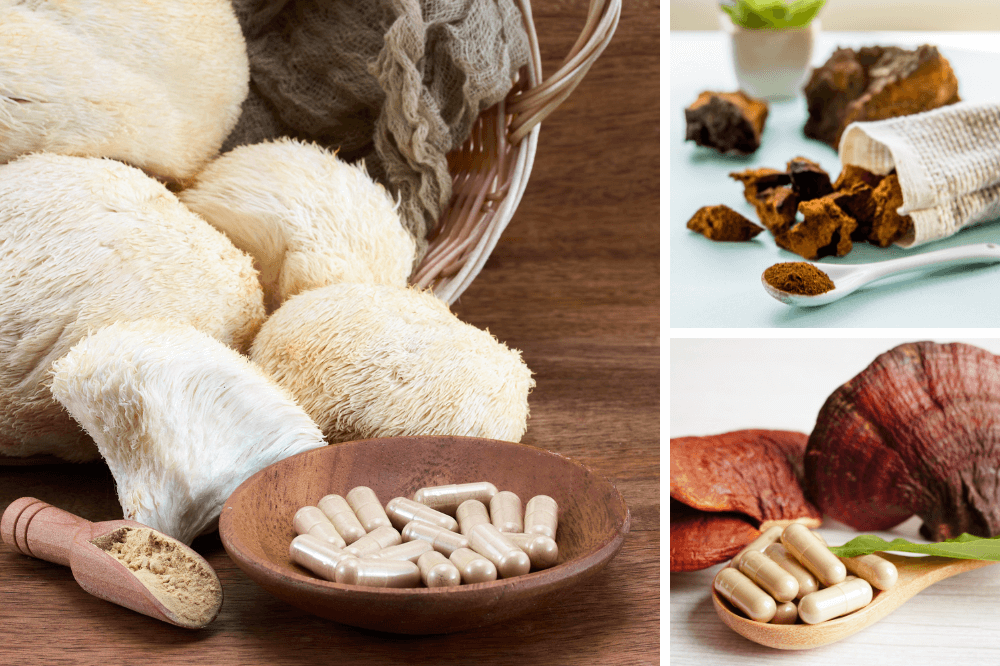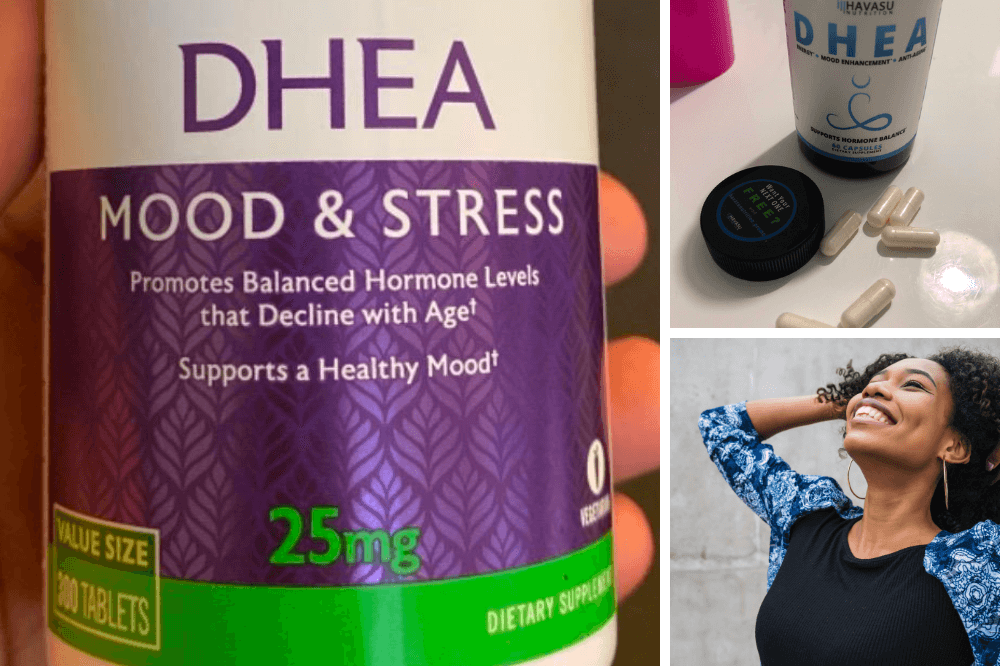Let's face it, we all have those days where we just can't be bothered to wash our hair. Whether we're running late for work or we're just feeling lazy, sometimes a shower just isn't in the cards.
That's where dry shampoo comes in.
Dry shampoo is a powder or aerosol that helps absorb the oil and sweat from your hair, giving it a fresh, clean look without water. It's a lifesaver on those days when you need to give your hair a quick refresh.
Plus, it can also help extend the life of your blowout or style.
So if you're looking for an easy way to freshen up your hair without washing it, dry shampoo is the way to go!
Safety of Ingredients
What exactly is dry shampoo, and are its ingredients safe?
Dry shampoo is a type of hair care product that helps to absorb excess oil and dirt from the hair.
It typically comes in the form of an aerosol or powder and can be applied to the hair without water.
Many people use dry shampoo as an alternative to traditional shampooing, as it is convenient and easy to use.
However, there is some concern over the safety of dry shampoo, as it may contain chemicals that may be harmful if inhaled or absorbed through the skin.

One of the most worrisome ingredients found in some dry shampoo is benzene, which is a known carcinogen. Studies have not yet shown a direct link between benzene exposure from dry shampoo and cancer, but there is some concern that long-term exposure could increase the risk.
Some dry shampoos also contain alcohol, which can be drying to the hair. As for safety, talc and kaolin clay are considered safe for use on the scalp. However, some people may be allergic to cornstarch or rice starch. If you experience any irritation after using dry shampoo, discontinue use and consult your doctor.
For now, it is advisable to use dry shampoo sparingly and to avoid products that contain high levels of benzene.
Can dry shampoo cause harm?
Like any other cosmetic product, it needs to be used in moderation.
Overuse of dry shampoo can lead to buildup on the scalp, which can block pores and cause irritation.
In extreme cases, it can even lead to seborrheic dermatitis, a condition characterized by red, itchy, flaky, and inflamed skin.
So, while dry shampoo can be a helpful tool in your beauty arsenal, be sure to use it sparingly and wash your hair regularly to keep your scalp healthy and happy.
In addition, dry shampoo can also be drying and damaging to your hair if used too frequently.
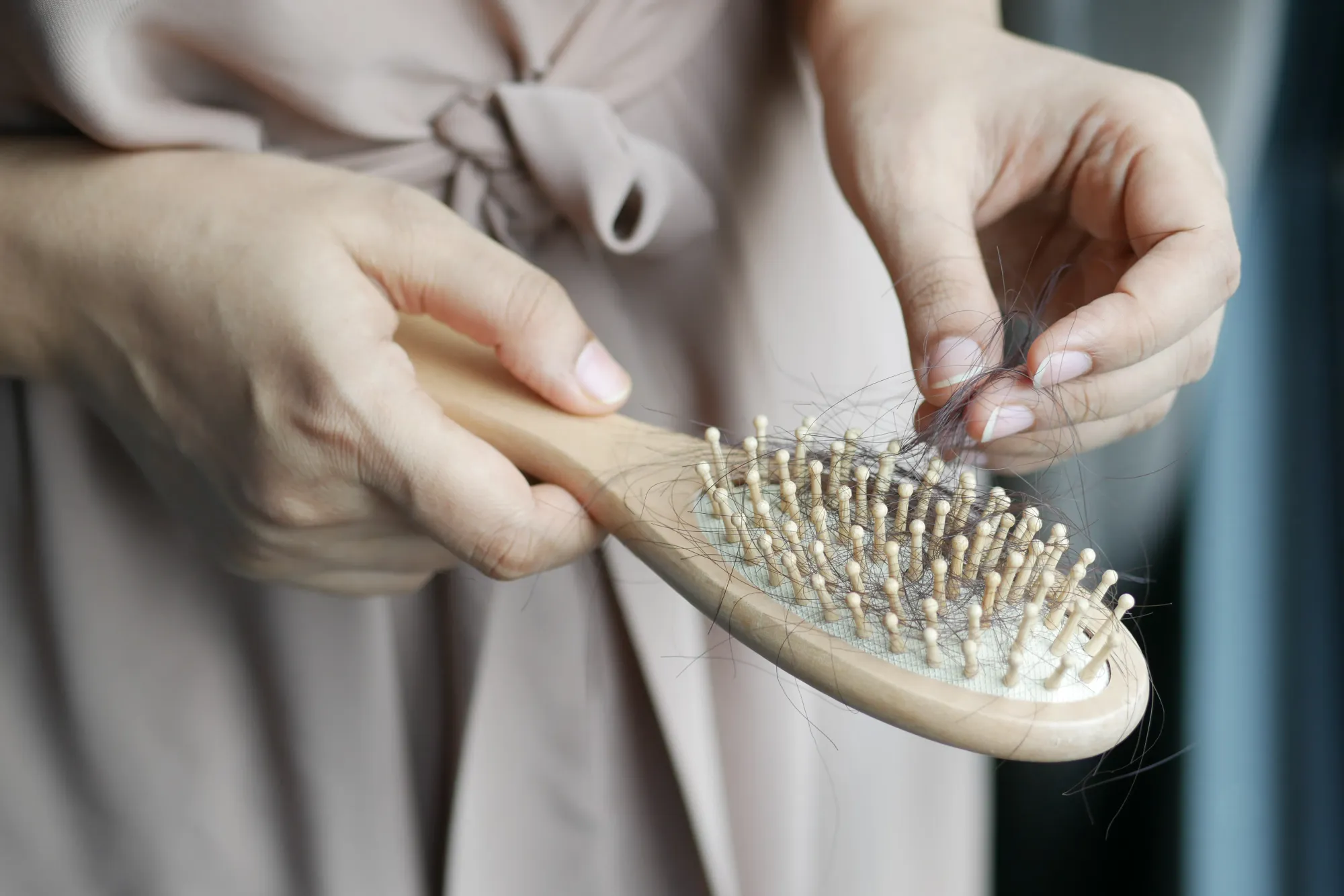
So while a quick spritz of dry shampoo can help you feel refreshed and fabulous, beware of using it as a crutch.
Remember, moderation is key!
How to use dry shampoo effectively and safely
Using dry shampoo is a quick and easy way to clean your hair without water. In addition to greasy hair, it can also be used to add texture and volume. And many dry shampoos are safe to use on color-treated and permed hair. We recommend these top 7 dry shampoo brands.
So if you're running late or just feeling lazy, grab a can of dry shampoo and give your hair a refresh.
Here's how:
- Shake the bottle before use. This will help mix up all the good stuff and make the dry shampoo more effective.
- Next, section your hair and spray in short, powerful bursts at the roots. Be sure to hold the can about 12 inches away from your head so the product falls evenly.
- After that, massage the dry shampoo into your roots with your fingers or a brush. This will help activate the starch element so any white residue disappears.
- Finally, style as desired, or just go au natural!
Avoid overusing dry shampoo. It's tempting to want to use dry shampoo every day, but too much can actually lead to buildup on your scalp and hair. Try using it only a few times per week, and be sure to wash your hair thoroughly when you do use it.
By following these tips, you can safely and effectively use dry shampoo to save time and keep your hair looking its best.
Pros and cons of dry shampoo
Let's face it: we all love the feeling of freshly shampooed hair. But sometimes, life gets in the way and we don't have time for a wash.
It can be used on both clean and dirty hair, making it a convenient option for busy people. Plus, it's ideal for camping trips or other situations where water is scarce.
However, dry shampoo does have its downside. It can be expensive, and it can also leave hair feeling stiff and dry. In addition, some people find that it irritates their scalp.
Overall, dry shampoo is a helpful product that has its pros and cons.
Used sparingly, it can be a great way to extend the life of your shampoo.
But be sure to use it sparingly, as too much can leave your hair looking and feeling less than fresh.
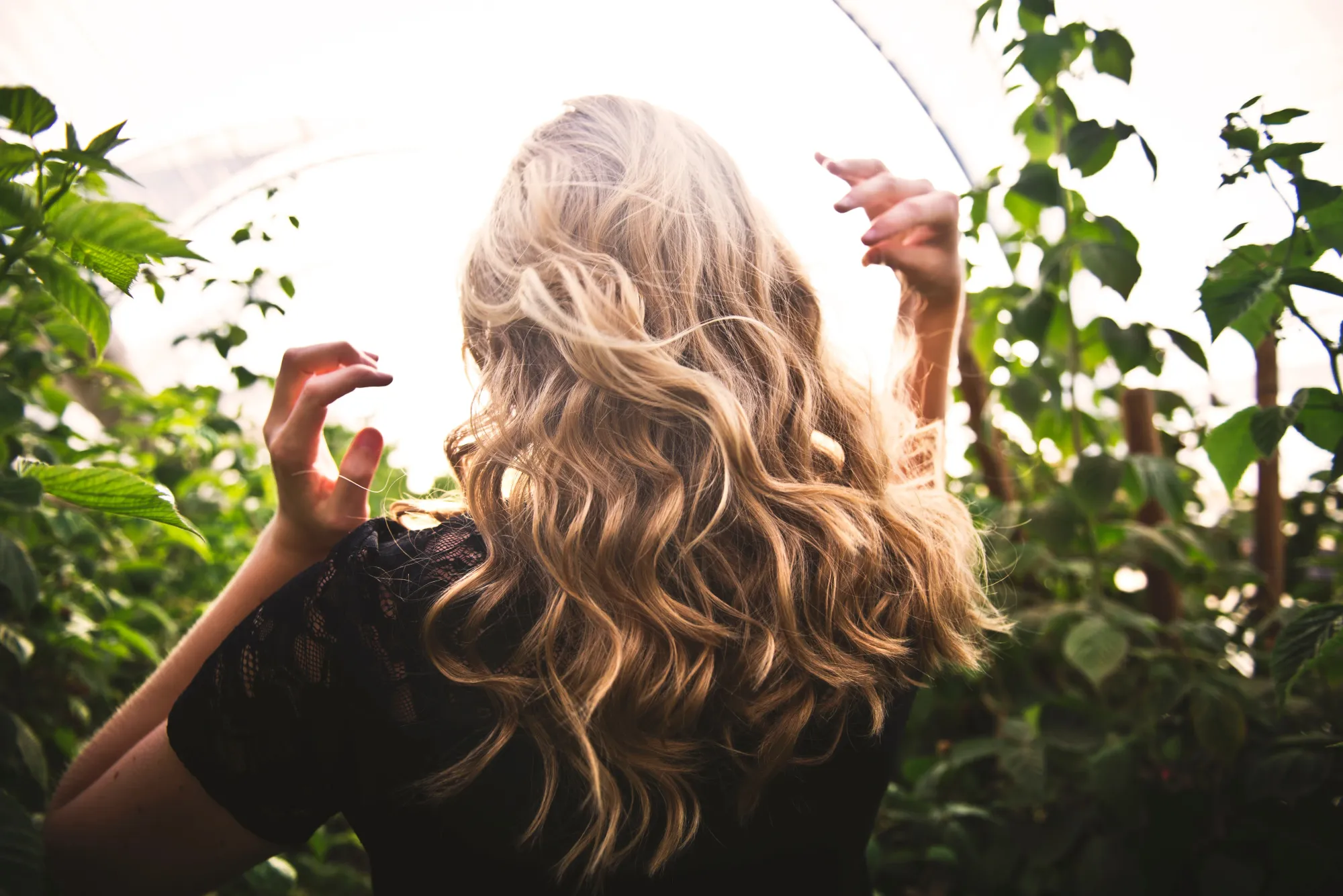
Conclusion
Dry shampoo is a miracle product for anyone who hates washing their hair. It can give you a few more days of wearable hair and it’s perfect for those times when you don’t have time to wash your locks.
But, before you start using dry shampoo on a daily basis, there are some things you should know about the ingredients and the potential risks involved in using this type of shampoo.
We’ve outlined all the pros and cons for you so that you can make an informed decision about whether or not to add dry shampoo to your beauty routine.
And if you decide that this miraculous spray is right for you, be sure to check out our review of the 7 must-try dry shampoos for colored hair.
We hope you found this information helpful. Thank you for reading!
Looking for shampoo for Permed Hair or Hair extensions Check out our reviews on the top shampoos below 👇🏻!
